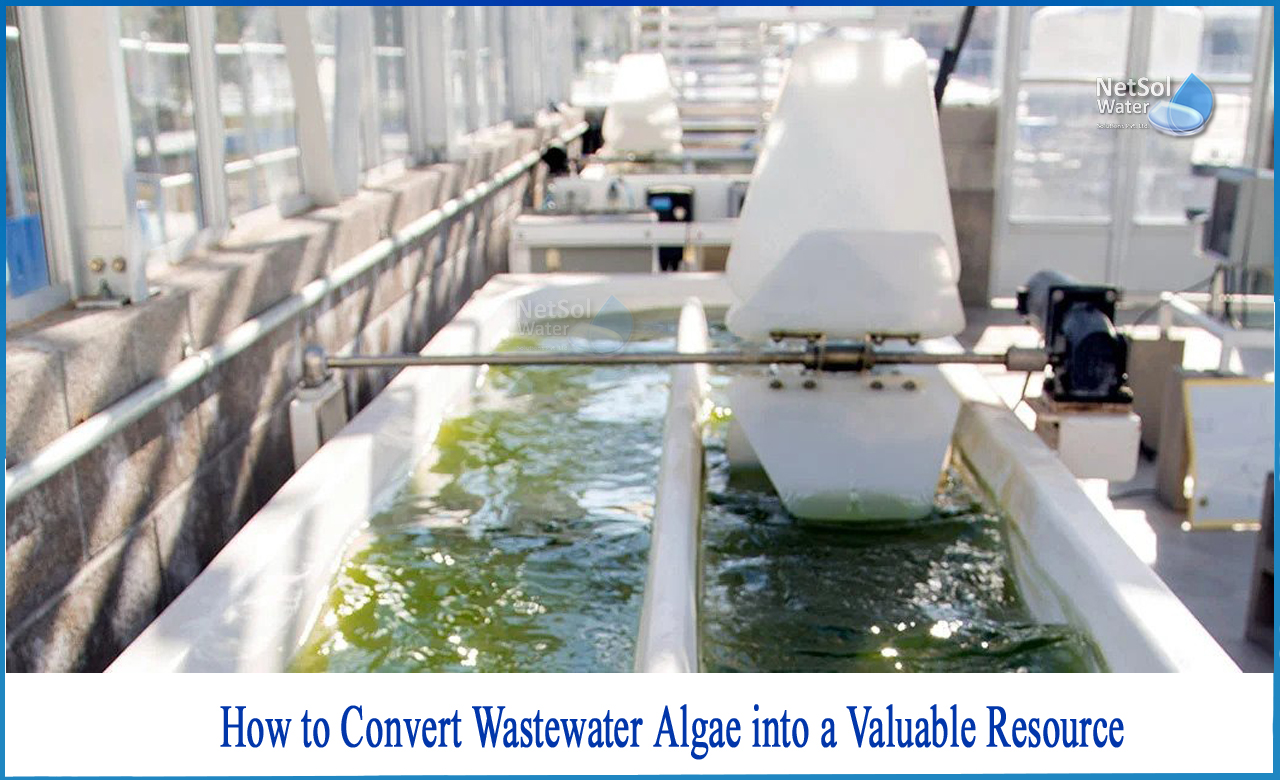How to convert wastewater Algae into a valuable resource?
Algae are photosynthetic organisms that are small but powerful, and they are here to change the industry's perception of wastewater.
Every year, the food and beverage industry generates massive amounts of wastewater, resulting in additional production costs that companies seek to reduce.
While algal research continues in the pursuit of a more economically suitable and energy-neutral biofuel, another aspect of algae usage research has taken a different approach – and made significant strides in recent years,converting algae as a waste into a high-value bioproducts for use in algae-based industrial gums, chemicals, bioplasticsand pharmaceuticals.
Unlike energy-related algae, which focuses on single-strain algae and almost entirely on indoor, controlled environments and small-scale field operations, another study includes a much more comprehensive and larger-scale model. It employs mixed-algae cultures from municipal waste water open-pond lagoon streams.
When open-pond lagoon systems are used to treat wastewater, algae naturally grows by absorbing phosphorus and nitrogen from the wastewater. The resulting algal biomass can be used to create a nutrient-rich stream of bio-products. This process has a dual benefit in that it improves lagoon wastewater quality while simultaneously lowering phosphorus and nitrogen levels.
Algae as Carbon Sequestration
When combined with AI-powered bioreactors, algae can remove up to 400 times more CO2 from the atmosphere than a tree. This means that while we learn to reduce carbon emissions and improve our consumption habits, we can begin to make significant reductions in atmospheric carbon. When used correctly, it has the potential to make a city carbon negative without changing the city's current production or consumption patterns.
Trees "consume" carbon dioxideas part of their photosynthesis process, which involves "absorbing" carbon into their trunks and roots and releasing oxygen back into the atmosphere. Algae mimics the same process, but "absorbs" the carbon in the form of more algae. Because of its smaller size, algae can consume more carbon dioxide than trees because it can cover more surface area, grow faster, and be more easily controlled by bioreactors.
Algae as a fuel source
Algae can also be used to make biofuels, which are fuels that are derived directly from living matter. This means it has the potential to provide a more sustainable alternative to carbon-producing fossil fuels such as petroleum.
Conclusion
Algae can also be used to reduce carbon emissions in a variety of ways. Aside from being the most efficient carbon dioxide storage solution, it can be easily used in a variety of other sustainable and commercial products or materials, ranging from tennis shoes to steel alternatives to veggie burgers.
Algae can be used as a food resource, as a material and many more, to prove this many countries are conducting researches and trying to convert algae into various valuable resources.
Netsol Water is Greater Noida-based leading water & wastewater treatment plant manufacturer. We are industry's most demanding company based on client review and work quality. We are known as best commercial RO plant manufacturers, industrial RO plant manufacturer, sewage treatment plant manufacturer, Water Softener Plant Manufacturers and effluent treatment plant manufacturers. Apart from this 24x7 customer support is our USP. Call on +91-9650608473, or write us at enquiry@netsolwater.com for any support, inquiry or product-purchase related query.



